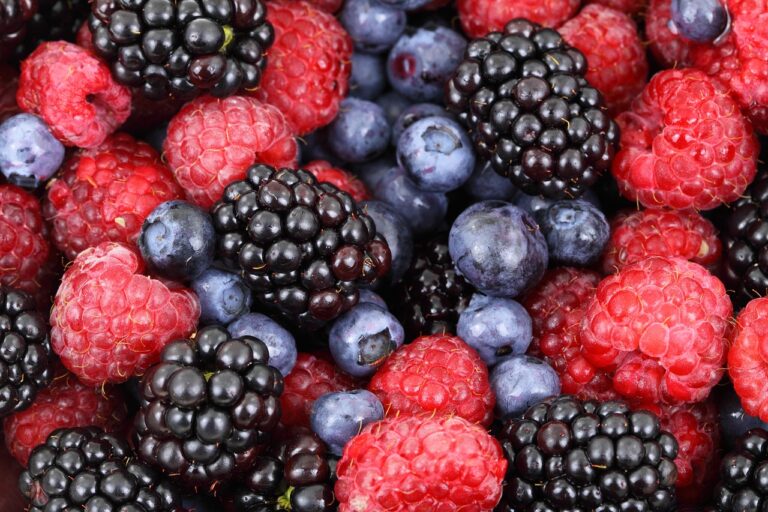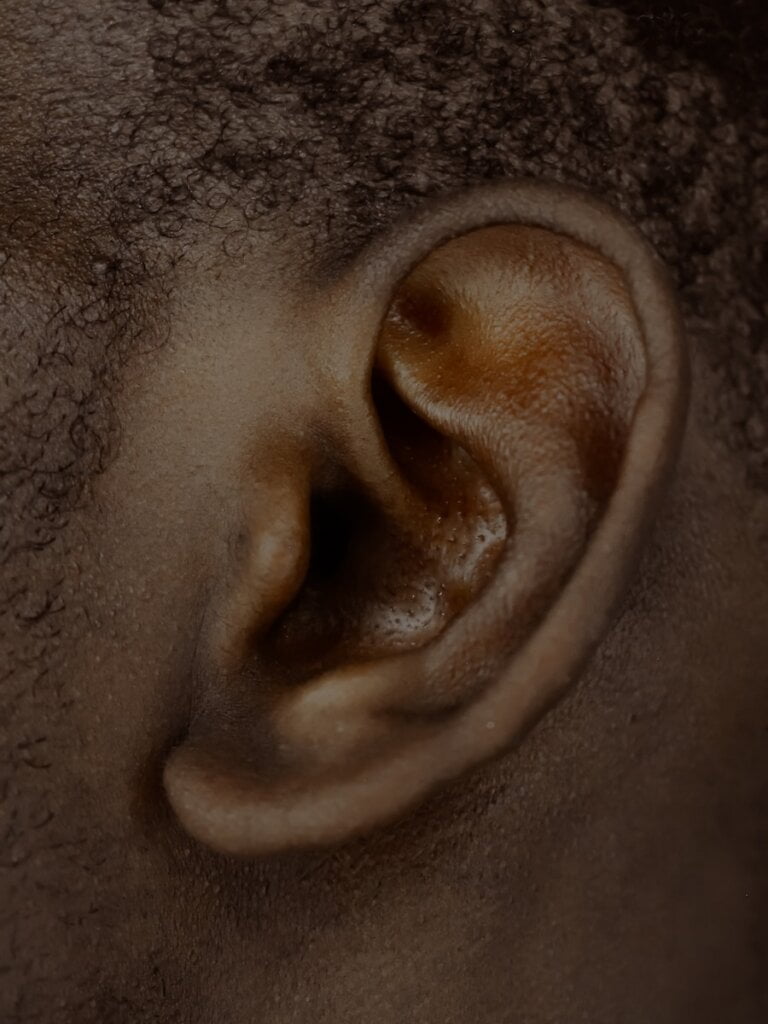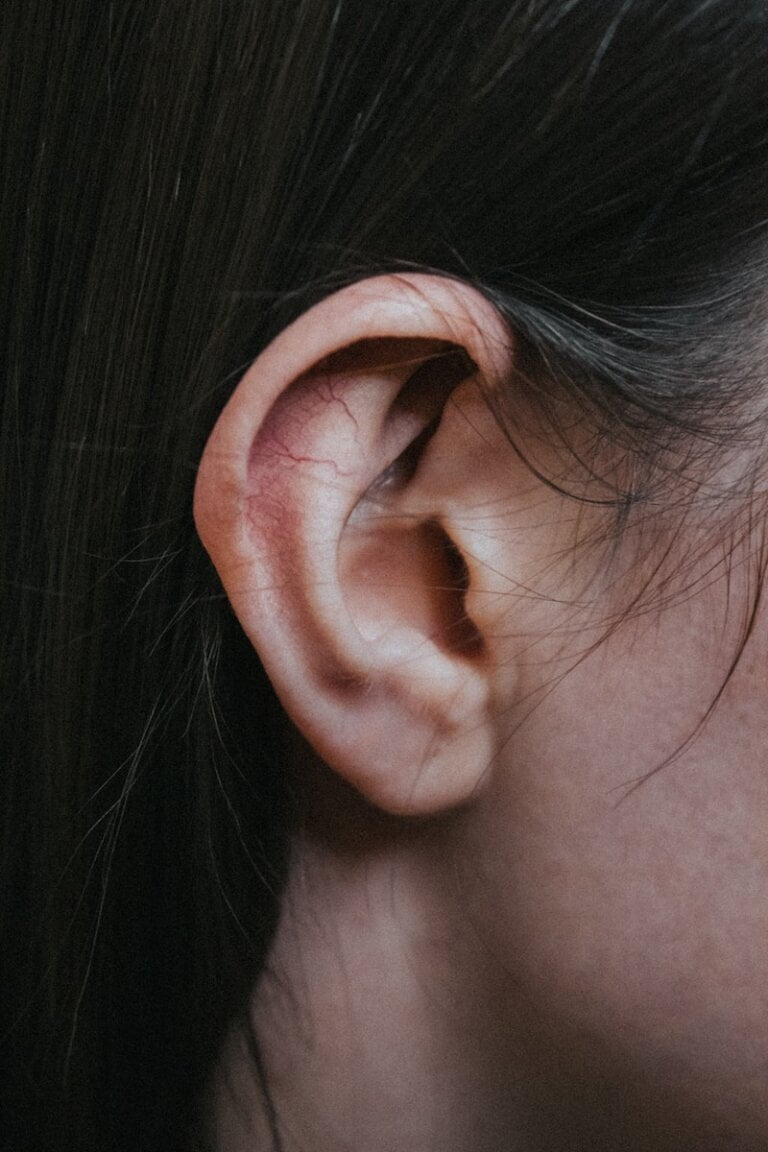A Sound Diet: Foods to Limit for Maintaining Healthy Ears
Last Updated on 3rd May 2024 by Admin
Eating a well-balanced diet is crucial for maintaining overall health, including the health of our ears. While certain foods offer essential nutrients that can promote ear health, there are also foods that should be limited to prevent potential damage. In this article, we will discuss some of the foods that may have a negative impact on our ears and why it is important to limit their consumption.
The Role of Diet in Ear Health
Our ears rely on a complex network of blood vessels and tiny hair cells to function optimally. These hair cells are responsible for converting sound vibrations into electrical signals, which are then sent to the brain for interpretation. A well-balanced diet rich in essential nutrients can help support the health of these hair cells and blood vessels, ensuring proper auditory function.
By maintaining a healthy diet, we provide our bodies with the necessary nutrients to protect and nourish the delicate structures of the ears. Proper nutrition plays a vital role in maintaining the integrity of the blood vessels, ensuring optimal blood flow to the ears. Additionally, essential nutrients help combat inflammation and oxidative stress, which can contribute to hearing loss and other ear-related issues.
Foods to Limit for Healthy Ears
- Sodium-rich Foods: High sodium intake can lead to fluid retention and increased blood pressure, which can affect the delicate blood vessels in the ears. To maintain healthy ears, it is important to limit the consumption of processed foods, fast food, canned soups, and salty snacks. Instead, opt for fresh, whole foods that are naturally low in sodium.
- Opt for homemade meals using fresh ingredients, herbs, and spices to add flavor without relying on excessive sodium.
- Read food labels carefully and choose low-sodium or sodium-free options whenever possible.
- Experiment with alternative seasonings like lemon juice, vinegar, garlic, or herbs to enhance the taste of your meals without adding sodium.
- Sugary Treats: Excessive sugar consumption can lead to inflammation and negatively impact blood circulation, including the blood flow to the ears. Minimize the intake of sugary treats like candies, cookies, cakes, and sugary beverages to promote optimal ear health.
- Replace sugary snacks with healthier alternatives like fresh fruits, unsweetened yogurt, or nuts.
- Limit the consumption of sugary beverages such as sodas, energy drinks, and sweetened juices. Opt for water or unsweetened herbal tea instead.
- Be mindful of hidden sugars in processed foods. Read food labels and choose products with no added sugars or those with natural sweeteners.
- Fried and Fatty Foods: Diets high in fried and fatty foods can contribute to the development of cardiovascular diseases, which may impair blood flow to the ears. It is advisable to limit the consumption of fried foods, processed meats, and foods high in saturated and trans fats.
- Choose healthier cooking methods such as grilling, baking, or steaming instead of frying.
- Opt for lean protein sources like skinless poultry, fish, beans, and legumes.
- Incorporate healthy fats from sources like avocados, nuts, seeds, and olive oil, which provide essential nutrients without the negative impact on ear health.
- Caffeine and Alcohol: While caffeine and alcohol in moderation may not cause significant harm, excessive consumption can lead to dehydration, which can affect the fluid balance in the inner ear. Stay hydrated and limit the intake of caffeinated beverages and alcohol to maintain healthy ears.
- Drink plenty of water throughout the day to stay properly hydrated.
- Limit caffeine intake to moderate levels, which typically means no more than 2-3 cups of coffee per day.
- If consuming alcohol, do so in moderation. It is recommended to limit alcohol intake to one drink per day for women and two drinks per day for men.
- Processed Meats: Processed meats like hot dogs, sausages, and bacon often contain high levels of sodium, unhealthy fats, and preservatives. These additives can have a negative impact on blood vessels and overall ear health. Instead, opt for lean meats like chicken, turkey, or fish.
- Choose fresh, unprocessed meats as your protein source whenever possible.
- Explore vegetarian or plant-based protein options like tofu, tempeh, lentils, and beans.
- If you do consume processed meats occasionally, look for low-sodium or nitrate-free options.
Foods to Support Healthy Ears
In addition to limiting certain foods, incorporating specific nutrients into our diet can further support healthy ears. Here are some foods rich in essential nutrients for ear health:
- Omega-3 Fatty Acids: Found in fatty fish such as salmon, mackerel, and sardines, omega-3 fatty acids offer anti-inflammatory properties that can help reduce the risk of hearing loss and age-related hearing problems.
- Include fatty fish in your diet at least twice a week to ensure an adequate intake of omega-3 fatty acids.
- If you don’t consume fish, consider incorporating plant-based sources of omega-3s like chia seeds, flaxseeds, and walnuts into your meals.
- Vitamin C: Citrus fruits like oranges, lemons, and grapefruits are excellent sources of vitamin C, which can strengthen blood vessels and boost the immune system, promoting healthy ears.
- Enjoy a variety of citrus fruits as part of your daily fruit intake.
- Include other vitamin C-rich foods like strawberries, kiwis, bell peppers, and broccoli in your diet.
- Zinc and Vitamin B12: Foods like oysters, beef, fortified cereals, and eggs are rich in zinc and vitamin B12, both of which play a vital role in maintaining optimal ear health and reducing the risk of age-related hearing loss.
- Incorporate these foods into your meals to ensure an adequate intake of zinc and vitamin B12.
- If you follow a vegetarian or vegan diet, consider consulting with a healthcare professional about appropriate supplementation.
- Antioxidant-Rich Foods: Berries, green leafy vegetables, nuts, and seeds are packed with antioxidants that can help protect the delicate structures of the ears from free radical damage.
- Include a variety of berries in your diet, such as blueberries, strawberries, raspberries, and blackberries.
- Incorporate dark, leafy greens like spinach and kale into your meals.
- Snack on a handful of nuts and seeds as a healthy and antioxidant-rich option.
Conclusion
Maintaining a sound diet is crucial for maintaining healthy ears. By limiting the consumption of sodium-rich foods, sugary treats, fried and fatty foods, caffeine, and alcohol, we can reduce the potential negative impact on our ear health. Additionally, incorporating foods rich in omega-3 fatty acids, vitamin C, zinc, and vitamin B12 can provide essential nutrients that support auditory function.
Remember, a well-balanced diet combined with regular exercise and proper ear care can go a long way in preserving our hearing abilities for years to come.







